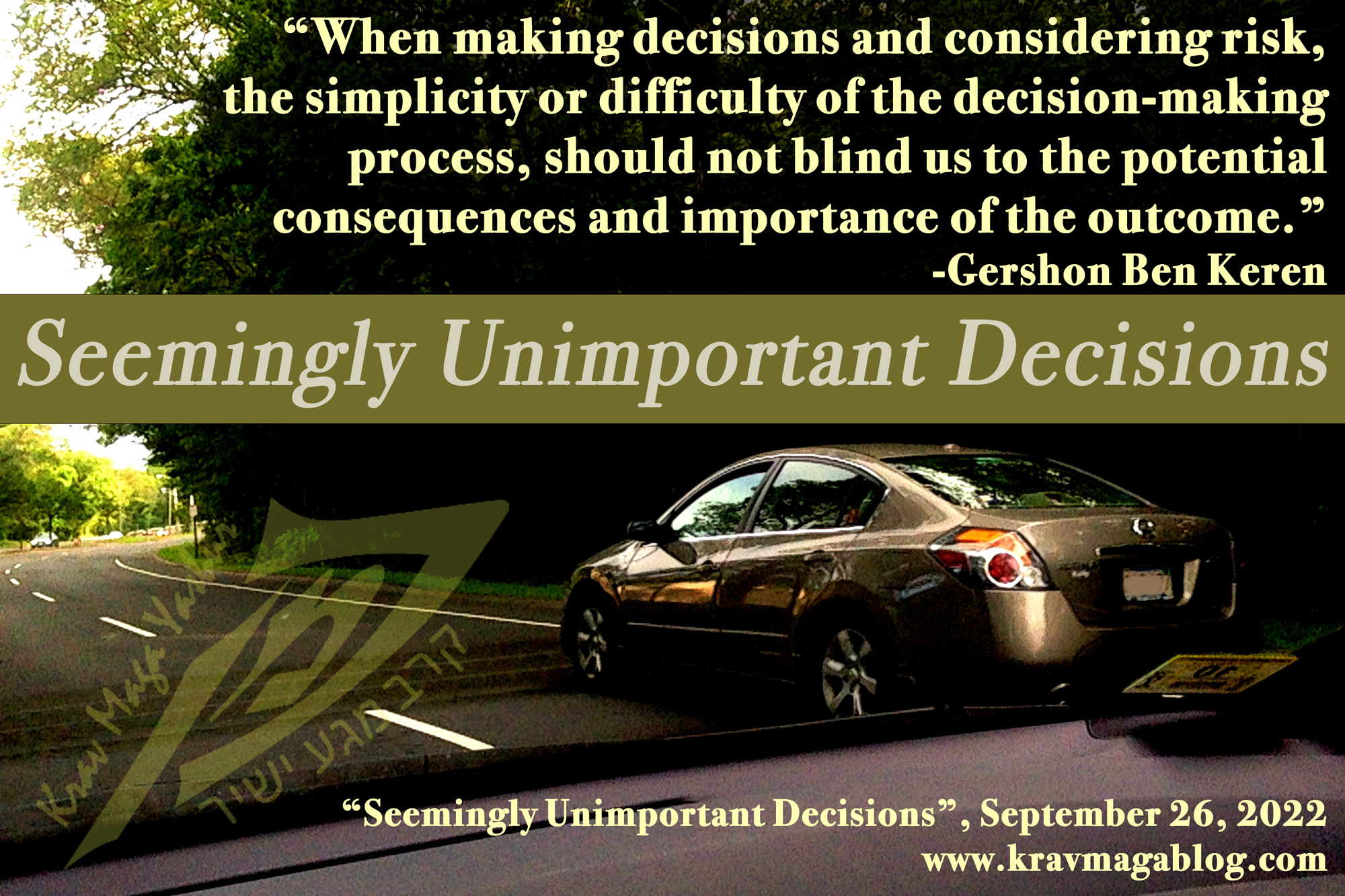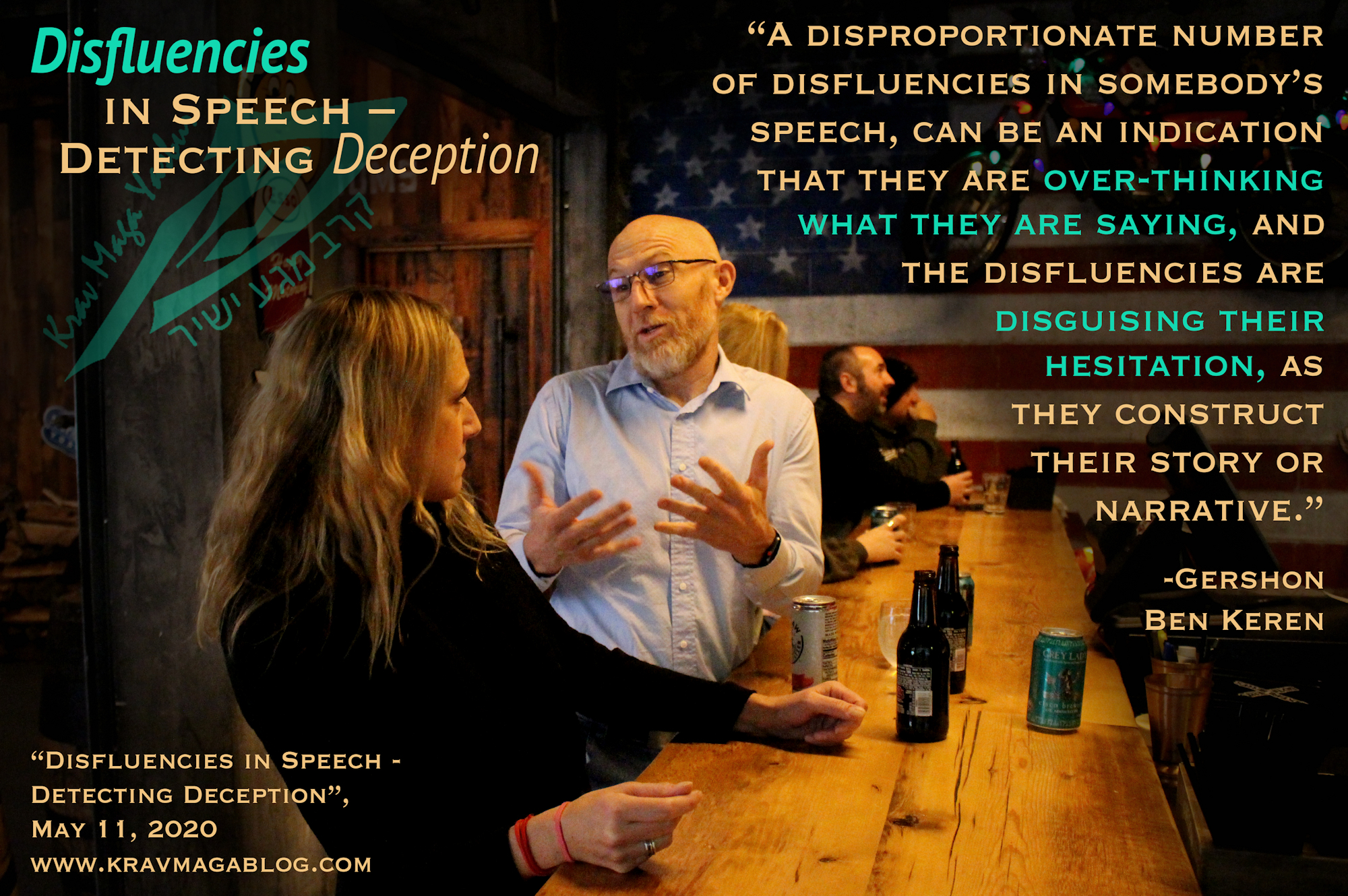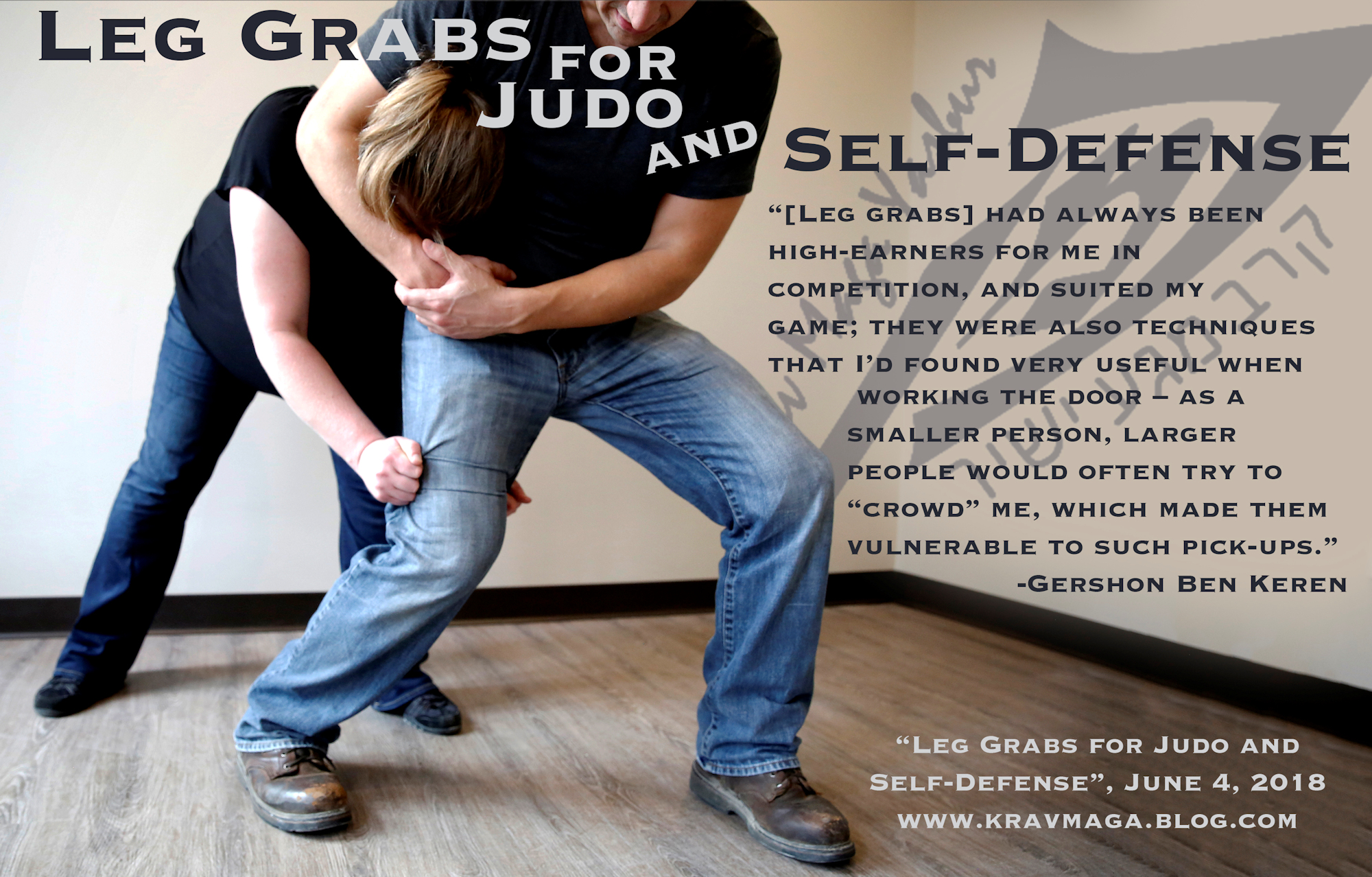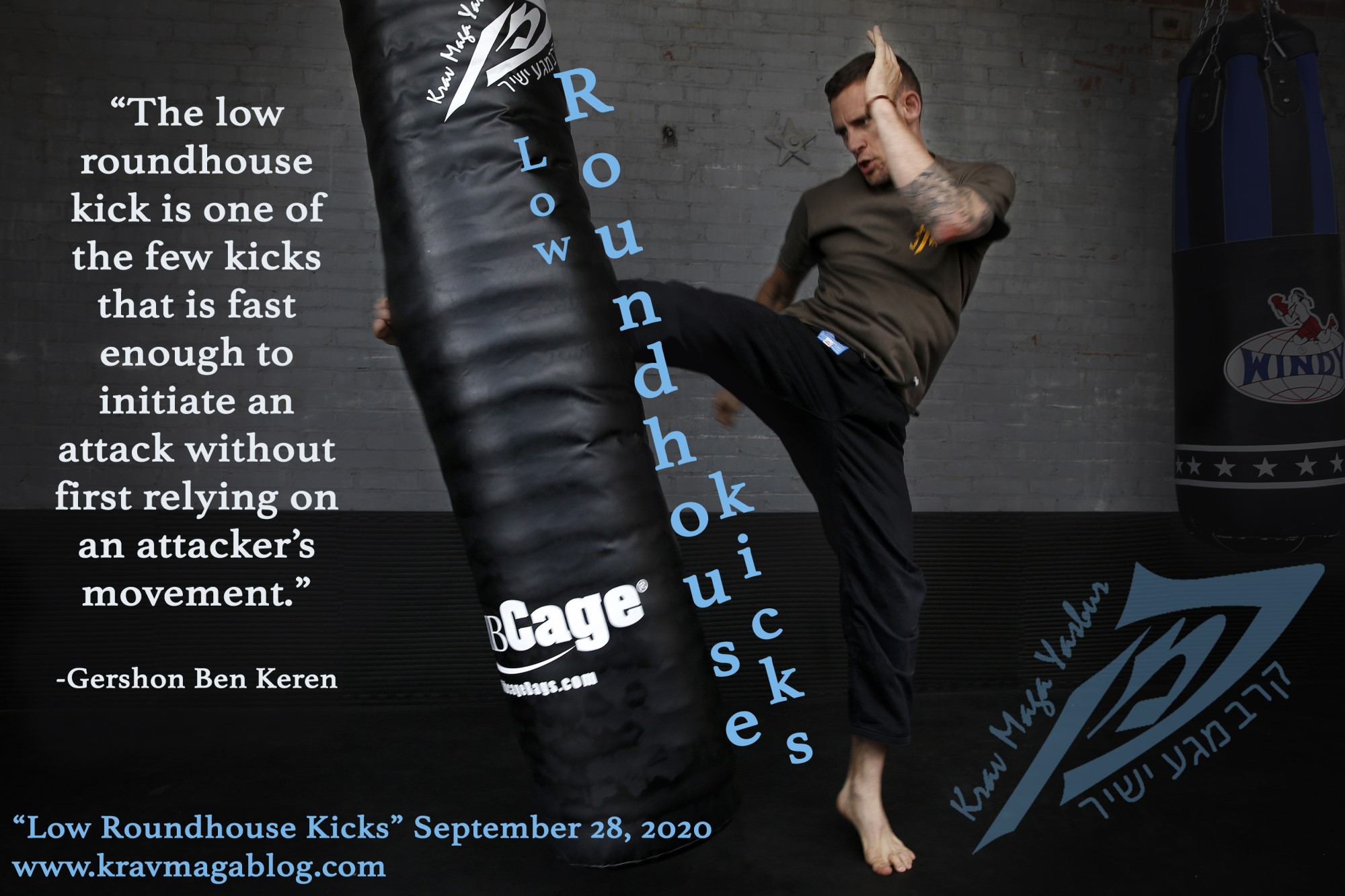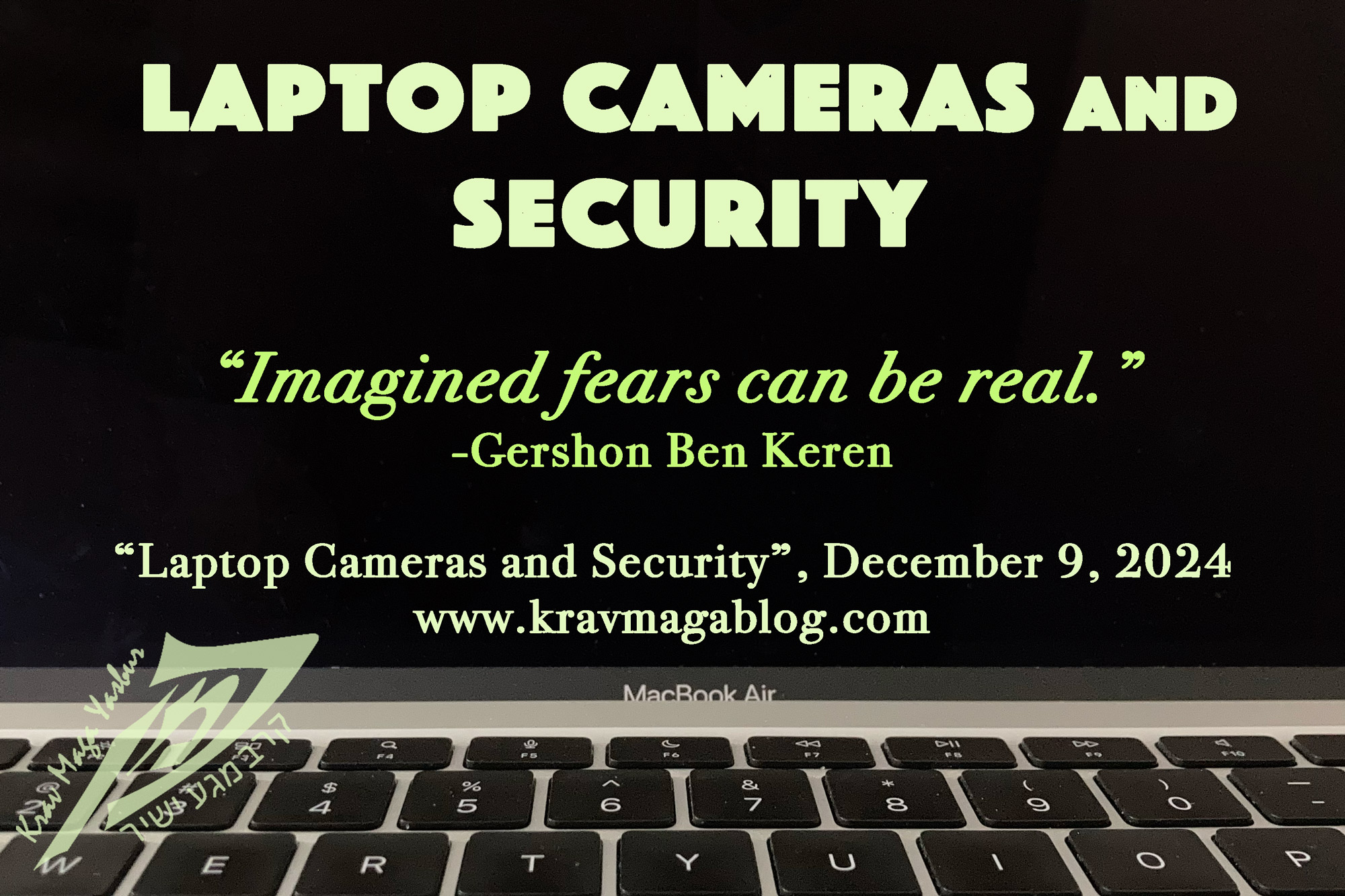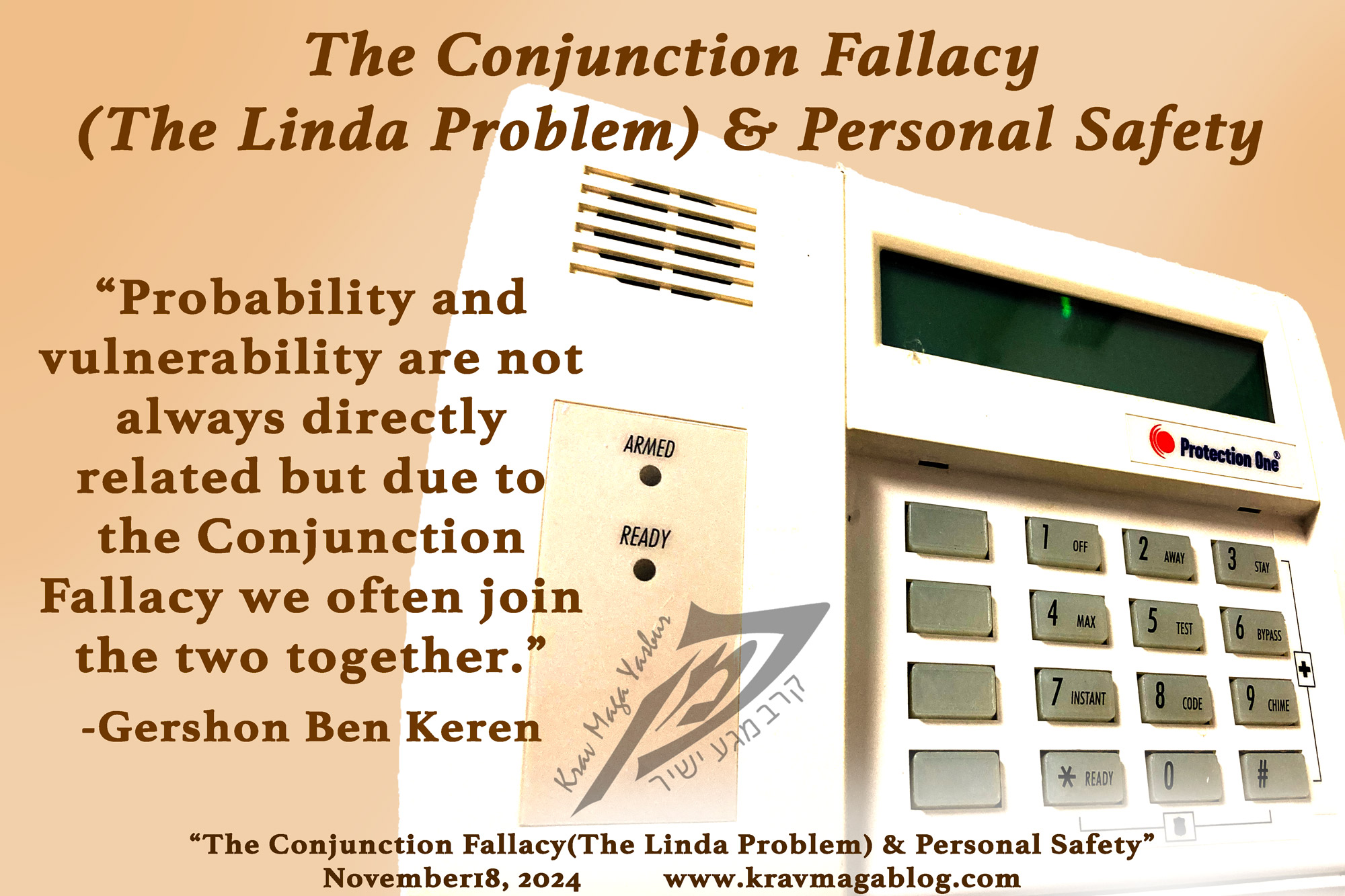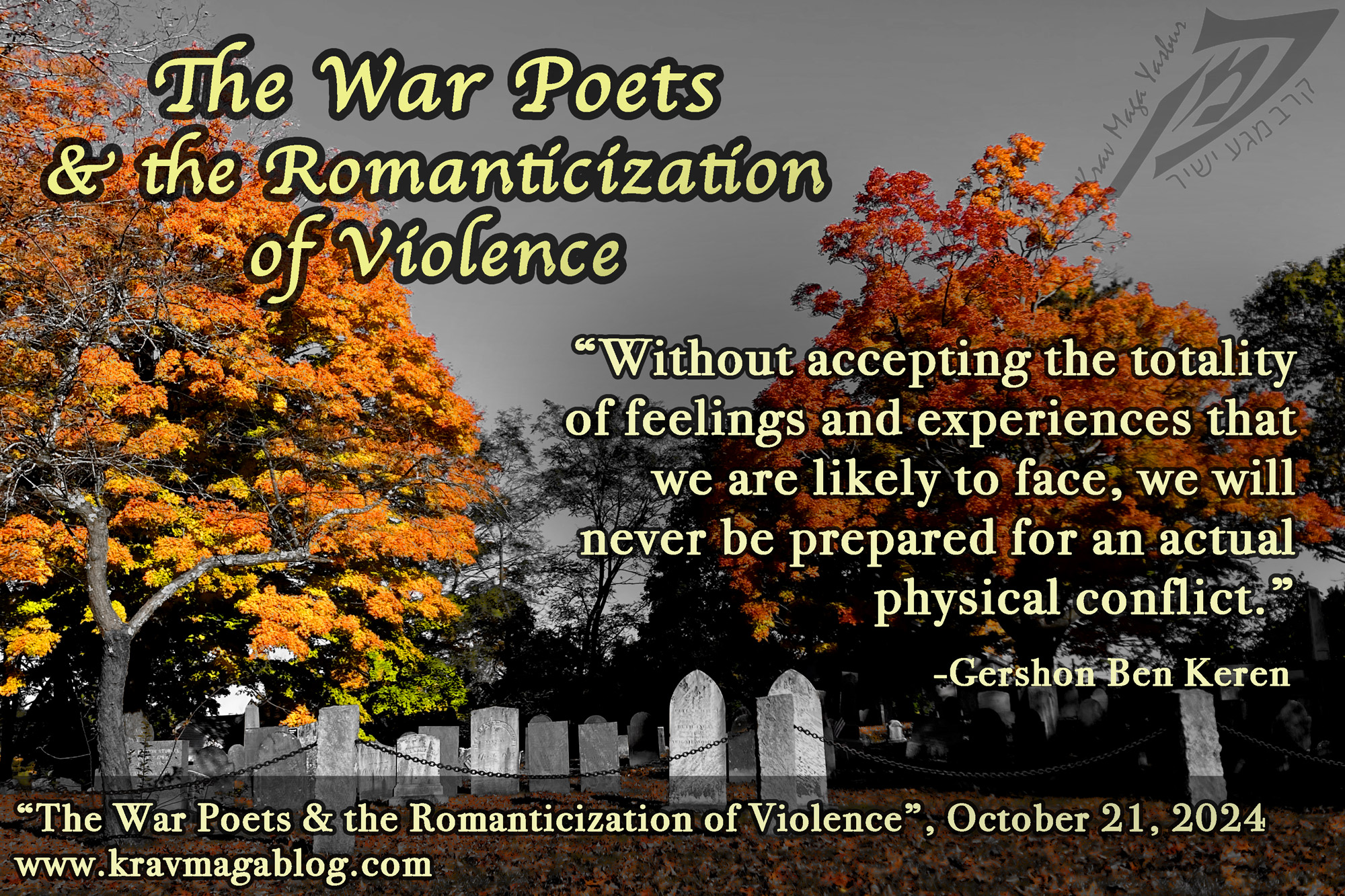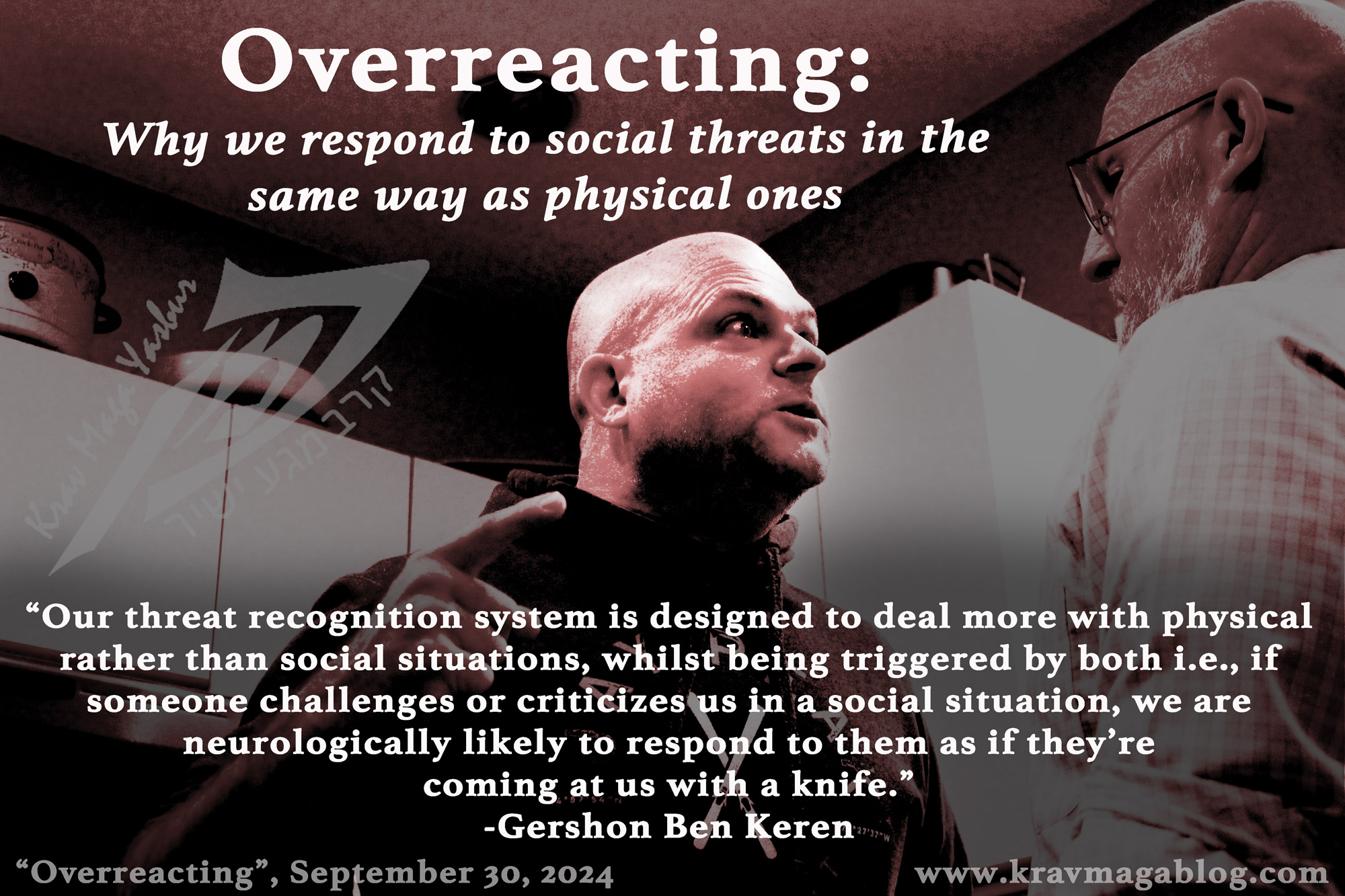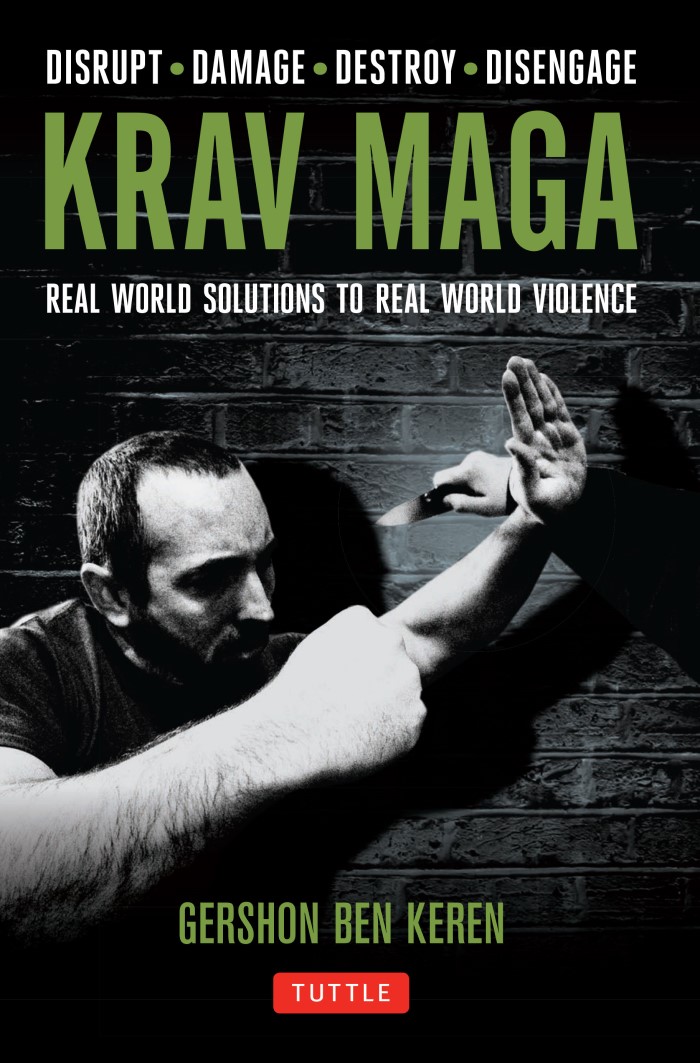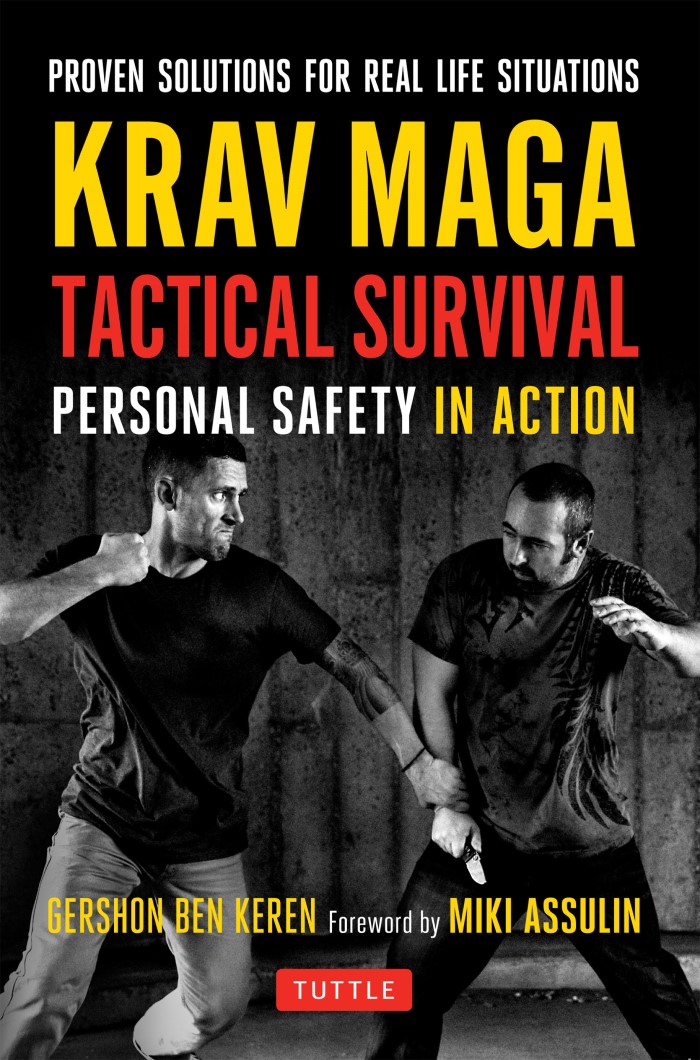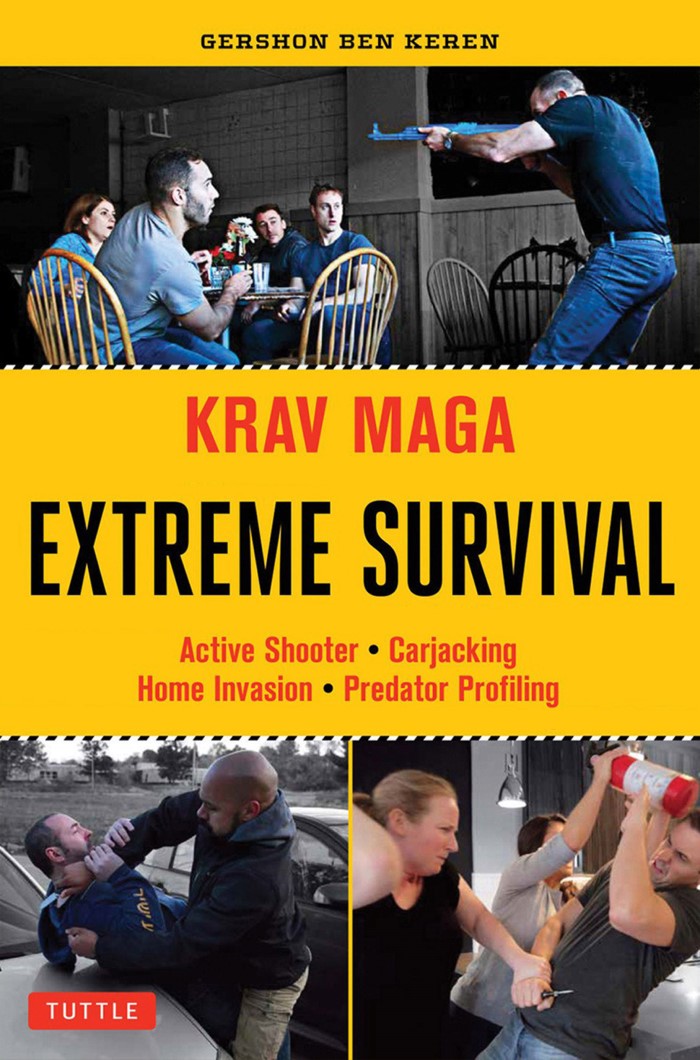Relationship Abuse, is an article written by Gershon Ben Keren, a 5th Degree Black Belt in Krav Maga, who teaches Krav Maga in Boston, MA. He has also authored three Amazon best-Selling Books on Krav Maga.
It’s awhile since I’ve written anything that directly addresses women’s personal safety and self-defense so I thought I’d do an blog piece on abusive relationships, focusing on those that have the potential to become violent (Domestic Violence) or possibly aggressive (Stalking).
We are by nature optimists; we believe that bad things happen to other people, not to us – if the average age of death in the U.S. is 87 and you inform people this and follow it up by asking them how old they believe they will be when they die they’ll tell you 89, 90, 90 + etc, any figure higher than the average. Whatever the statistics say, we will always believe we’ll be the exception. I don’t knock this optimism I think it’s one of the character traits that makes us such an amazing species.
However our natural optimism can sometimes get the better of us – especially when we like to believe that somebody else’s behavior and actions are acceptable (or excuse them), when clearly they are not. Relationship abuse (which also covers/includes Domestic Violence) is one of those areas where the victim and often the public excuse behaviors and abuse, which should never be tolerated or excused. The disturbing thing is that domestic violence and abusive behavior(s) in relationships is often seen as something that the victim is to blame for.
When singer Rhianna was physically abused by her boyfriend Chris Brown, many young women sided with Brown rather than his victim, excusing his violent behavior by stating that she’d provoked him to a point where he had no alternative but to be physically violent towards her. Although there may be many situations within a relationship where the wronged party is the man and not the woman, this never justifies or gives a green light to physical aggression. That women are excusing and validating male violence and aggression towards women is a very worrying thing.
No relationship starts with physical abuse; no abuser is either that stupid, or at the initial stages of a relationship accustomed to acting this way (there are both “conscious” and “subconscious” abusers – the state of mind/intent does not excuse the abuse). Those who “consciously” abuse, know that they have to first gain trust and dependence before they abuse, else their partner/victim will leave. Those who abuse as part of the way they manage relationships tend to do so after the relationship has moved into a particular phase. Both types of abuser give warning signs early on in the relationship.
Often people who look on from the outside can’t understand why women in abusive relationships stay with their partner (especially when kids/children aren’t involved). What they don’t realize is that the “good times” are so extra-ordinarily good; and not just because the bad times are so bad. Abusive people are skilled at making the good times something exceptional, something so good that a person will risk anything and everything to experience the “high” they once had. You will never meet a more loving and caring person as a relationship abuser. The good times will be over the top good: so good that you’ll be hooked, that you couldn’t believe such a caring and loving individual existed.
In real-life, people have good moments, bad moments and indifferent ones – that’s reality. Relationship Abusers, know their own profile and will do everything to create the illusion that they are the perfect partner without any flaws and faults (they will over do this by hiding their bad and indifferent moments). In the initial stages of a relationship they will be overly attentive, often making lavisous gifts, and talking endlessly about their future with you – they’ll often advocate things such as moving in together, getting married, or other long term plans very early in the relationship. What may appear as attentive may merely be them expressing a dependency upon a dream or plan where you are an interchangeable/bit player or to put it another way someone who appears to be fulfilling a role in their life. When planning becomes a big part of the early stages of a relationship the other party should accept the flattery but at the same time be very aware of what is going on.
At the same time, the expectation of how the relationship will be managed will be moved from something that may have been casual to something formal; with one party requiring another to account for any and every time spent away, whilst at the same time arguing that every spare moment a person has should be spent with them.
Often our heart strings play to these abusive individuals who appear to be acting in the best interests of others, however we should recognize that concern in one (our own) relationship may be akin to claustrophobia in another. Identifying in the early stages of a relationship the risks of having an abusive partner is a valuable skill. Dealing with such behaviors and people early on is the best way to act and precede.
0 COMMENTS